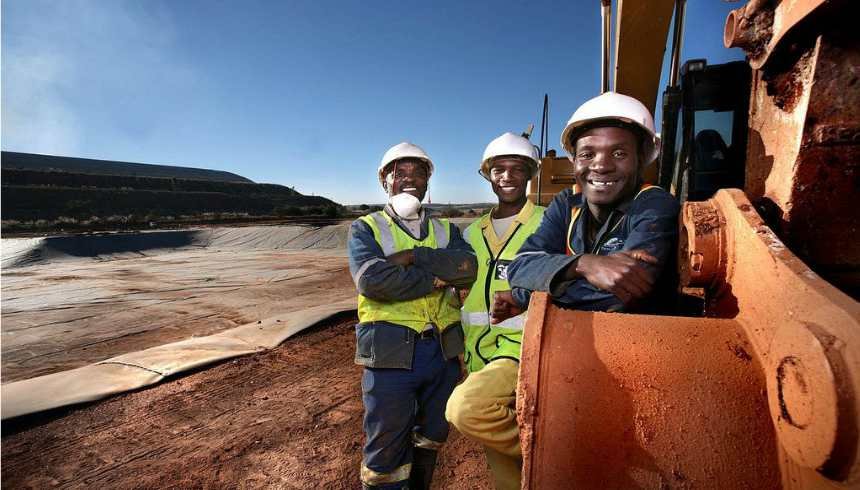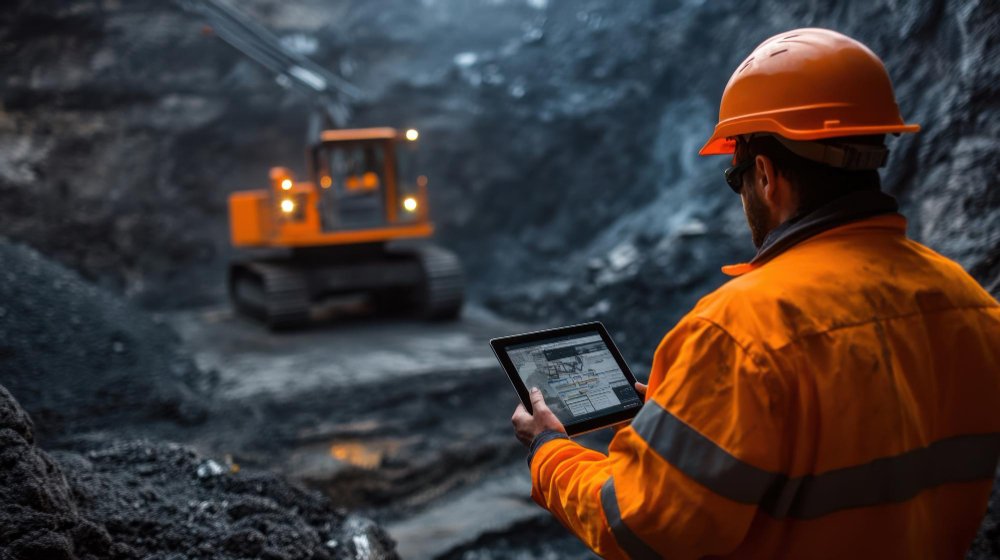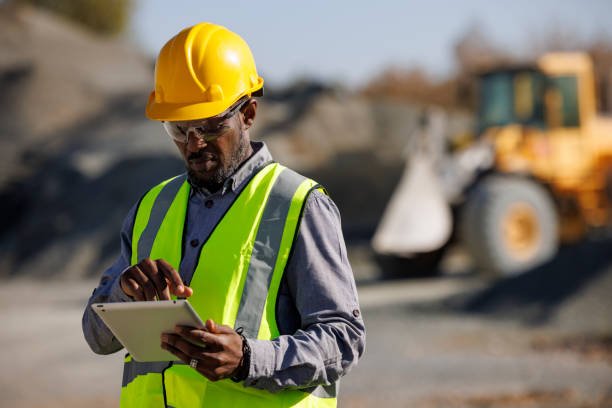Mining Engineer in Africa

A mining engineer in Africa plays a crucial role in the exploration, development, and operation of mineral resources across the continent. With Africa being one of the world’s most mineral-rich regions—home to gold, diamonds, lithium, cobalt, and platinum, among others—mining engineers are essential for ensuring safe, efficient, and sustainable operations.
Here’s a comprehensive overview of what it means to be a mining engineer in Africa, including key responsibilities, required skills, and career opportunities.
1. What Does a Mining Engineer Do in Africa?
Mining engineers in Africa are responsible for:
- Designing and planning mine layouts, shafts, and open-pit operations
- Ensuring safety, compliance, and environmental responsibility
- Managing ore extraction, processing, and transportation
- Supervising drilling, blasting, and equipment maintenance
- Optimizing mineral recovery and operational efficiency
- Collaborating with geologists, metallurgists, and project managers
They work in both surface and underground mining environments, often in remote locations.
2. Key Skills and Qualifications
To succeed as a mining engineer in Africa, professionals need:
- Bachelor’s or Master’s degree in Mining Engineering, Geotechnical Engineering, or related field
- Knowledge of local geology, regulations, and safety standards
- Proficiency in CAD software, geological modeling tools (e.g., Surpac, Vulcan)
- Understanding of ESG (Environmental, Social, Governance) principles
- Experience in deep-level, open-pit, or artisanal mining
- Strong communication and leadership skills for managing teams and projects
Many engineers also pursue professional certifications like CIM (Canadian Institute of Mining) or SAIMM (South African Institute of Mining and Metallurgy).

3. Top Countries for Mining Engineers
| Country | Focus Minerals | Key Employers |
|---|---|---|
| South Africa | Gold, PGMs, Coal | Sibanye-Stillwater, Anglo American, Harmony Gold |
| Ghana | Gold, Diamonds | Ashanti Goldfields, Perseus Mining |
| Zimbabwe | Lithium, Platinum | Allkem, Zijin Mining, Sibanye-Stillwater |
| DRC | Cobalt, Copper | CMOC, Zijin, Eurasian Resources Group |
| Mali | Gold, Lithium | Firefinch, Endeavour Mining |
| Namibia | Uranium, Lithium | Namdeb, Rio Tinto, Greenwing Resources |
These countries offer diverse opportunities for mining engineers, from deep-level gold mines to lithium and copper projects.
4. Career Opportunities and Salaries
- Entry-Level: $2,000 – $4,000/month (depending on country and experience)
- Mid-Level: $5,000 – $8,000/month
- Senior/Project Manager: $8,000 – $15,000+ (especially for expatriate roles)
Opportunities exist in both industrial and junior mining firms, with growing demand for digital and automation expertise.

5. Challenges Faced by Mining Engineers in Africa
Challenges:
- Remote and harsh working conditions in deep-level and off-grid mines
- Political instability in some regions
- Regulatory complexity and policy uncertainty
- High costs of equipment and logistics in underdeveloped areas
- Safety risks in underground and high-pressure environments
Opportunities:
- Growing demand for battery minerals (lithium, cobalt, manganese)
- Government incentives for local beneficiation and investment
- Digital transformation in mining operations
- Global partnerships with international firms and technology providers
6. Why Choose Mining Engineering in Africa?
- High demand for skilled engineers in resource-rich regions
- Competitive salaries and benefits (especially for expatriates)
- Exposure to global supply chains for critical minerals
- Career growth through technical and managerial roles
- Influence on economic development and infrastructure growth
The sector offers long-term stability and professional growth, especially in exploration, automation, and green mining initiatives.

FAQs
Q1: What is a mining engineer in Africa?
A1: A professional who designs, manages, and oversees mining operations across gold, lithium, and other mineral sectors.
Q2: Where do mining engineers work in Africa?
A2: In South Africa, Ghana, DRC, Zimbabwe, Mali, and Namibia, among others.
Q3: Is mining engineering a good career in Africa?
A3: Yes—offering stability, competitive pay, and long-term growth in one of the world’s most resource-rich regions.
Conclusion
Mining engineer in Africa is a dynamic and rewarding career that supports the continent’s economic growth and global mineral supply. With increasing focus on battery metals, green energy, and digital mining, the role remains central to Africa’s future in the mining industry.

